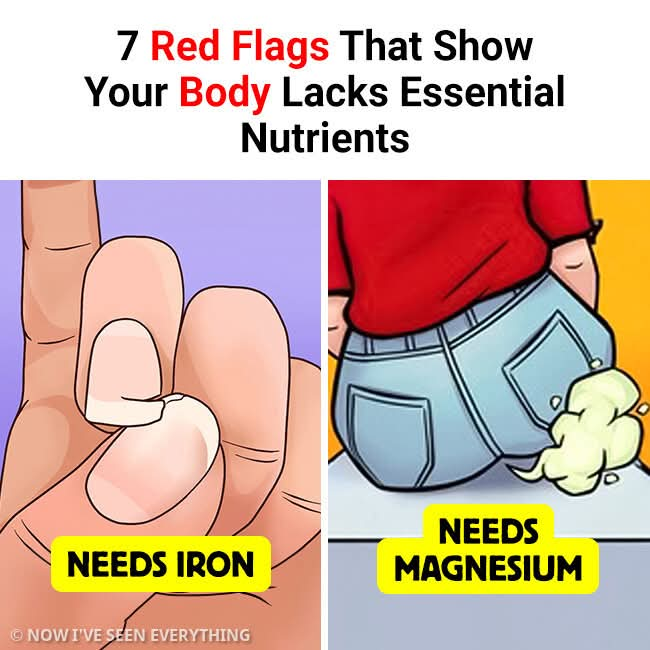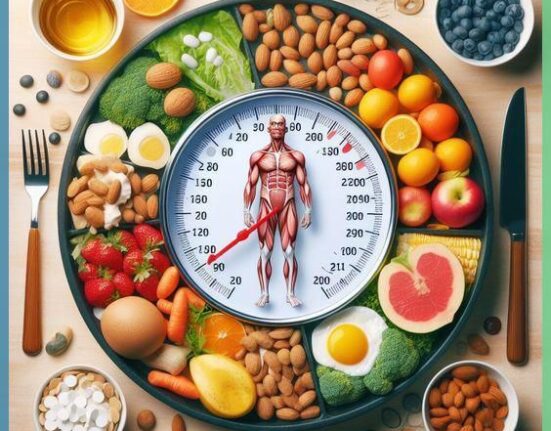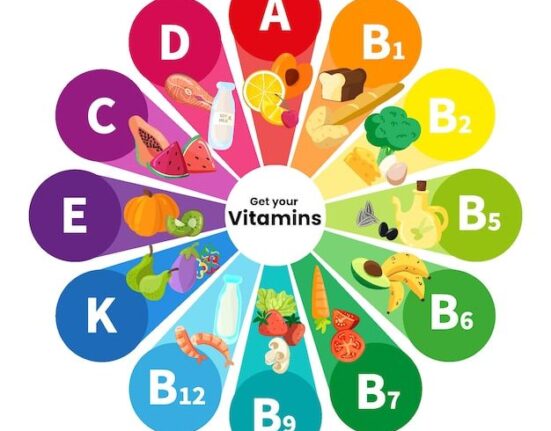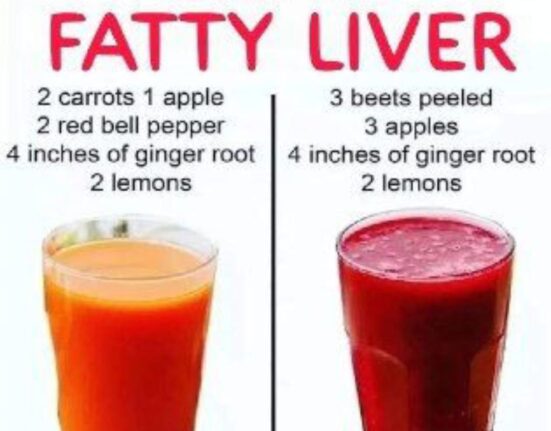Maintaining a well-balanced diet is crucial for overall health, as your body relies on essential nutrients to function optimally. However, due to poor dietary choices, lifestyle habits, and underlying health conditions, many people experience nutrient deficiencies without even realizing it. Identifying the signs of nutrient deficiencies early can help you take corrective measures before they escalate into serious health problems. Here are seven red flags that indicate your body lacks essential nutrients:
1. Constant Fatigue and Low Energy Levels
Feeling tired all the time, even after getting enough sleep, is a common sign of nutrient deficiencies. Lack of iron, vitamin B12, and magnesium can cause extreme fatigue and weakness.
- Iron Deficiency: Leads to anemia, reducing oxygen supply to the muscles and brain, making you feel drained.
- Vitamin B12 Deficiency: Affects red blood cell production and nerve function, causing lethargy and brain fog.
- Magnesium Deficiency: Impacts energy production and muscle function, making you feel sluggish.
Solution: Include iron-rich foods like spinach, lentils, and lean meats. Boost your vitamin B12 intake with eggs, dairy, and fortified cereals. Consume magnesium-rich foods like nuts, seeds, and leafy greens.
2. Frequent Hair Loss and Brittle Nails
Your hair and nails reflect your body’s internal health. If you notice excessive hair shedding or brittle nails, you could be lacking essential nutrients such as biotin, zinc, and protein.
- Biotin Deficiency: Leads to weak hair and nails that break easily.
- Zinc Deficiency: Causes hair thinning and slow nail growth.
- Protein Deficiency: Affects hair structure and strength.
Solution: Eat biotin-rich foods like eggs, almonds, and sweet potatoes. Increase zinc intake with seafood, nuts, and whole grains. Ensure adequate protein by consuming lean meats, legumes, and dairy.
3. Persistent Muscle Cramps and Weakness
Frequent muscle cramps, spasms, and weakness may indicate a deficiency in calcium, magnesium, or potassium. These minerals are essential for muscle function and nerve signaling.
- Calcium Deficiency: Leads to muscle spasms and weakened bones.
- Magnesium Deficiency: Causes muscle twitches and cramps.
- Potassium Deficiency: Results in muscle weakness and irregular heartbeats.
Solution: Consume dairy products, leafy greens, and fortified foods for calcium. Get magnesium from nuts, seeds, and whole grains. Increase potassium intake with bananas, avocados, and potatoes.
4. Cracks in the Corners of Your Mouth
Painful cracks in the corners of your mouth, also known as angular cheilitis, can be a sign of a deficiency in iron, zinc, or B vitamins.
- Iron Deficiency: Leads to reduced oxygen supply to tissues, causing cracked lips.
- Vitamin B2 (Riboflavin) Deficiency: Results in dry, cracked skin around the mouth.
- Zinc Deficiency: Affects wound healing, worsening the cracks.
Solution: Eat iron-rich foods like red meat, beans, and dark leafy greens. Increase vitamin B2 intake with dairy products, eggs, and lean meats. Get zinc from nuts, seeds, and whole grains.
5. Poor Night Vision and Dry Eyes
If you experience difficulty seeing in low light or have dry, irritated eyes, you may be lacking vitamin A. This essential nutrient supports eye health and vision.
- Vitamin A Deficiency: Leads to night blindness and dry eyes.
- Omega-3 Deficiency: Can contribute to eye dryness and irritation.
Solution: Include vitamin A-rich foods like carrots, sweet potatoes, and liver. Consume omega-3 sources like salmon, flaxseeds, and walnuts.
6. Frequent Infections and Slow Wound Healing
A weak immune system and slow healing wounds may be signs of deficiencies in vitamin C, vitamin D, or zinc.
- Vitamin C Deficiency: Weakens immunity and slows wound healing.
- Vitamin D Deficiency: Increases susceptibility to infections.
- Zinc Deficiency: Affects the body’s ability to fight infections and repair tissues.
Solution: Eat vitamin C-rich foods like citrus fruits, bell peppers, and strawberries. Get vitamin D from sunlight exposure, fatty fish, and fortified dairy. Boost zinc intake with seafood, legumes, and nuts.
7. Unexplained Mood Swings and Depression
Nutrient deficiencies can also impact mental health, leading to mood swings, anxiety, and depression. Essential nutrients for brain health include omega-3 fatty acids, vitamin D, and B vitamins.
- Omega-3 Deficiency: Linked to depression and cognitive decline.
- Vitamin D Deficiency: Affects mood regulation and increases the risk of depression.
- Vitamin B6 and B12 Deficiencies: Can lead to irritability and low energy levels.








Leave feedback about this